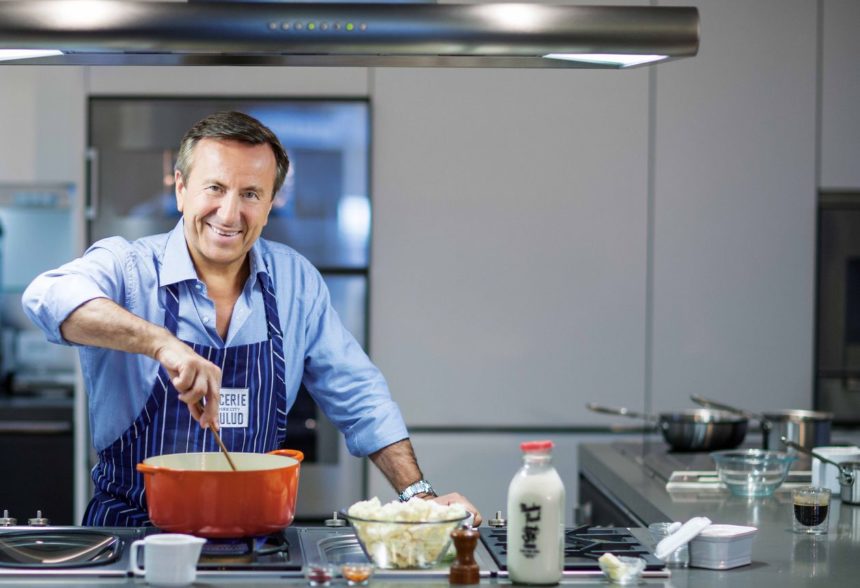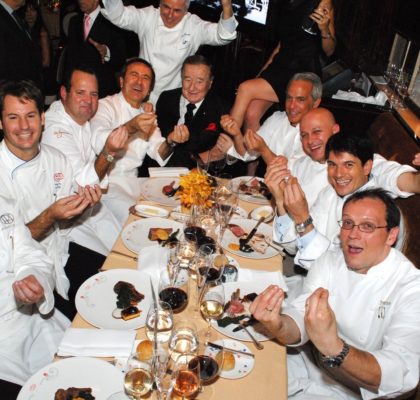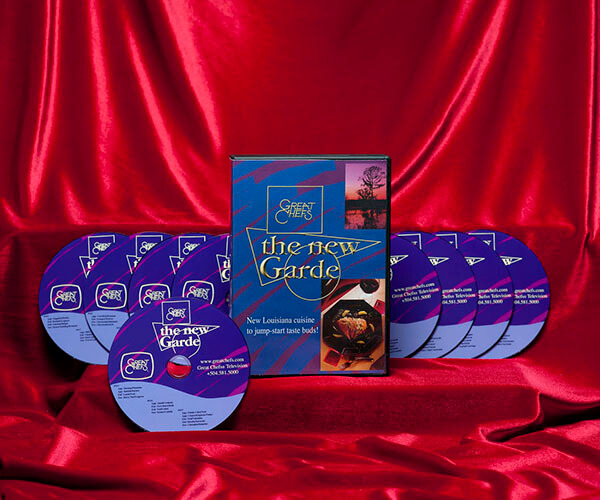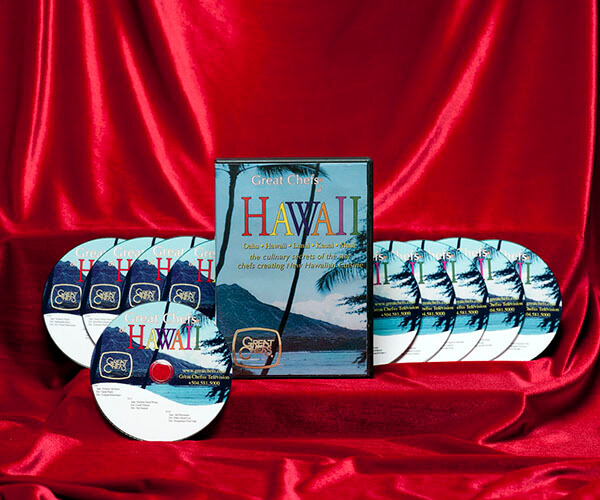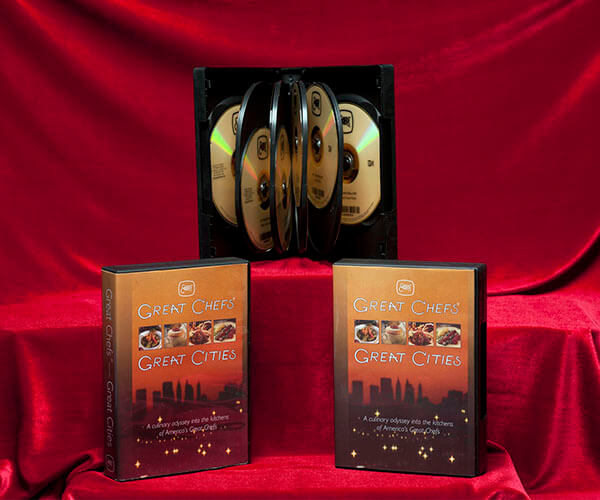from Barron’s
Daniel Boulud is the quintessential New York restaurateur, his warm smile well known to those who visit Daniel, his flagship French fine-dining spot on Manhattan’s Upper East Side. But like all New Yorkers, Boulud has been shaken by the pandemic that brought the city—and its beloved restaurant industry—to a halt.
After deciding to close before the official Covid-19 mandates from the state, the French-born Boulud, who owns restaurants around the world under his Dinex Group banner—including New York City’s Café Boulud, Bar Boulud, Boulud Sud, Epicerie Boulud, and db Bistro Moderne—has had to be flexible, finding new ways to reach out to his loyal customers.
One such way: Launching Daniel Boulud Kitchen, a delivery concept with a weekly-changing menu through online platform Tock To-Go. Since May, food has been prepared in the famed Daniel kitchen by a staff that follows social distancing guidelines, and it’s delivered with those same precautions.
Boulud has been committed to giving back throughout his career, and as such, 5% of sales from Daniel Boulud Kitchen goes directly to benefit Hand in Hand, a foundation the chef started in March in the wake of the coronavirus crisis. The foundation supports Dinex employees who have not been able to work and are experiencing extraordinary financial hardship. (Boulud employs more than 700 people in New York.)
And in early April, a small group of staff was able to return to work when Boulud partnered with developer SL Green CEO Marc Holliday on Food1st, a non-profit foundation. Holliday rallied and and funded his restaurant tenants to prepare thousands of meals for organizations such as Citymeals on Wheels, The Bowery Mission, local hospitals, nurses and first responders. (Boulud will open a new restaurant at SL Green’s One Vanderbilt building in midtown later this year.)
Starting this weekend, the chef also begins weekend meal delivery to the Hamptons on Long Island, offering Friday night dinner, Saturday night dinner, and Sunday brunch.
And next Friday, five days after New York enters its Phase 2 reopening, Bar Boulud and Epicerie will open for outdoor dining.
Penta caught up with Boulud, 65, to discuss the future of fine dining in New York City, the importance of giving back to the community, and more.
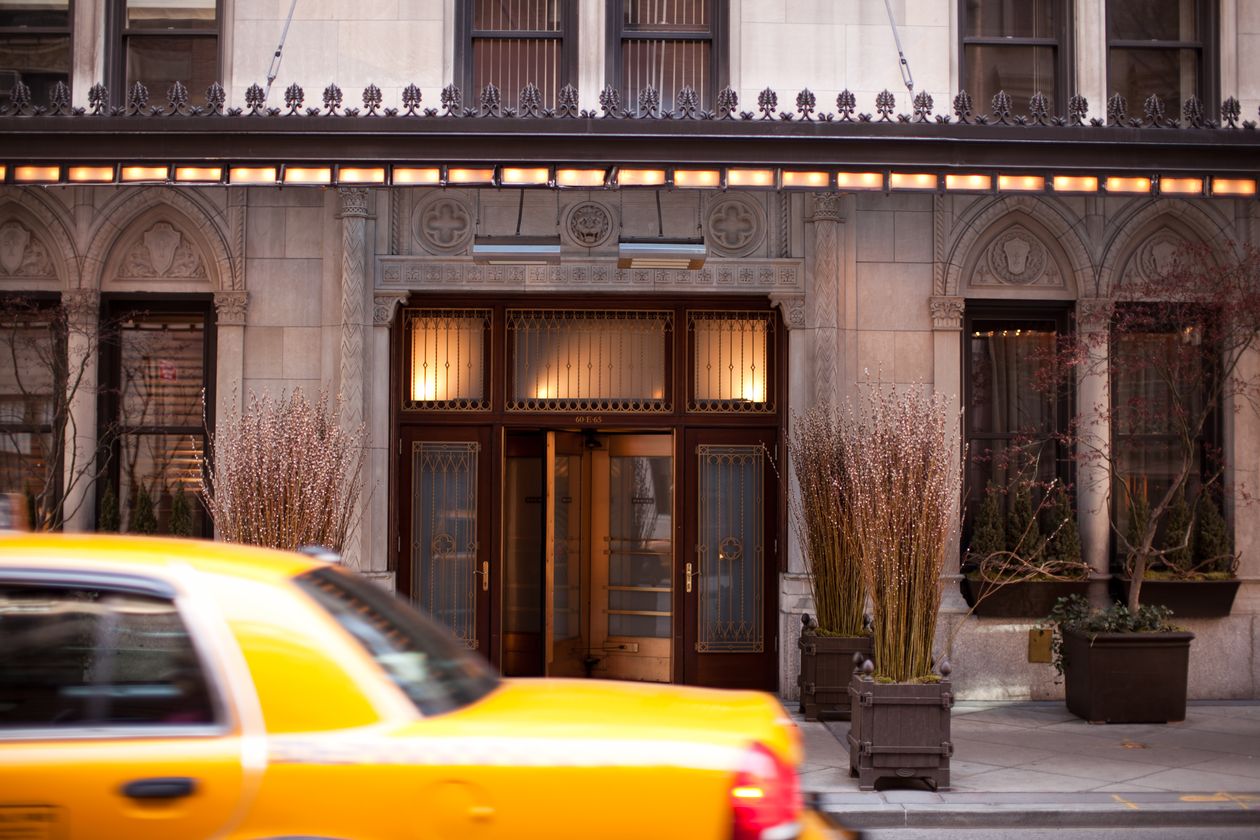
Penta: You closed your doors before the official state-mandated lockdown. What went into that thought process?
Daniel Boulud: Yes, we did, almost a week before. We didn’t close because we wanted to close, but we felt scared. We had [a guest] who tested positive, and made headlines in the [New York] Post about having tested positive, and he had been in our restaurant a few days before. The Modern [restaurant] did it, too. We felt that it was getting a little scary.
How has the launch of Daniel Boulud Kitchen gone?
Very good. We’re not Amazon yet, for sure, but we’re doing well. I had a catering company for many years, so it was something we could do. We also have a lot of regular customers who would ask us to do take-out meals, which we used to do occasionally. Of course, when you do it on a larger scale, there’s a lot of organizing/communication/boxing, et cetera.
There are lots of people speculating about what the future of fine dining might look like. Do you suspect it will be completely different from what we’re used to?
The one thing for sure is that people are tired of cooking from home and ordering food, too. What we’re looking to do is what we always did well—really pamper our customers—but still respect rules and regulations. The minute you step out your door, you’re exposed, but we’re gonna take all the measures to make people feel safe. I hope it’s not going to be forever. I worry about my children not ever having the experience of fine dining the same way.
New York Gov. Andrew Cuomo has announced some rules, including 50% occupancy and partitions for indoor dining. How do you plan to follow those?
We have a very big space, so we’re lucky for that. And we are considering outdoor space, too.
With all these social distancing rules, is it even possible for restaurateurs to turn a profit before a vaccine is found?
I don’t know. We’ll see. Dropping the price to try and get more customers isn’t the solution. People have to understand that going to a restaurant is a privilege, and there’s a lot of people involved and there’s a cost attached.
We hope restaurants can stay strong, and it’s not easy. Hotels, restaurants, and entertainment have been really hurt.
In the past, we never thought—should we open five or seven days? Should we do lunch or dinner? Even though lunch isn’t profitable, we’ve done it because it’s good for the neighborhood, but now restaurateurs will have to think more carefully about the economics of that.
I’d imagine restaurateurs and chefs will have to be a lot more innovative.
Yes, but at the end, it’s about quality and service.
People will adapt pretty quickly, though. They’ve adapted quickly to our to-go business. Hopefully it’ll be the next six months to a year, and then we’ll return normal.
The entry way of Boulud’s flagship restaurant.
What are some prerequisites you have for reopening?
We’ve been building a guideline for reopening since the beginning. We may open different restaurants at different times. Daniel would be first, because I’m the landlord and don’t have to worry about negotiating rent. Cafe Boulud is doing a pop-up at the Blantyre Country Estate in the Berkshires.
The take-out business keeps growing. We’ve started weekend takeout to the Hamptons. Friday is a fish dinner, Saturday night dinner is vegetarian, and then Sunday is brunch.
At Daniel, so much of the draw—besides the incredible food-—is the amazing customer service. Is that something that can still be pulled off in masks and with social distancing?
We haven’t tested, so we don’t know. We’re going to want people to be relaxed and have fun, and we’ll focus on that. It’s too depressing if you go to a restaurant and there’s no buzz and everyone’s disconnected. The energy of a place is important. We may have to keep the music louder. There are things we can do.
Are there certain types of restaurants that are likely to fare better than others?
I think mom-and-pops can do well if they focus on the local neighborhood and the crowd, and what they want. I think the chains will keep doing fine.
For fine-casual dining, it’ll depend on the space. You want either a large space inside or outdoors, so some restaurants may have to wait to open if they’re not big enough.
Fine dining will still have an audience. I don’t see the St. Regis or Louis Vuitton or Mercedes-Benz becoming the next Toyota or Benetton. The same is true in fine dining. It’s a certain level that people crave. Business will come back, people will come back, and they’ll have money to spend. But when the world suffers, we suffer.
We have the chance to adapt with our businesses. If tomorrow I have to make sandwiches on the sidewalk, I can do that. Not all careers are able to do that. I can still stay in my food business and downscale if I have to, which I hope I don’t have to.
But we see chefs in New York producing thousands of meals. I’ve provided tens of thousands of meals to Citymeals on Wheels and [to Jose Andres’] World Central Kitchen—those are very low cost. That doesn’t mean we want our business to go that way. We do it for charity, and it’s very important.
But people have many ways of diversifying—fine dining can go to fast casual.
What are your thoughts on the high-end New York city restaurant scene? How different will it look next year, or in five years?
Any restaurant with big debt will not reopen. Restaurants that have spent a lot of money building restaurants that are still paying for it… that’s not easy.
Otherwise, I think the well-established, fine-dining restaurants may take time to reopen, but I hope they will. We see, for example, Hudson Yards. It’s a big, big undertaking of so many seats and so many restaurants—reopening is a bigger question mark for them than a smaller restaurant in Brooklyn.
But the future is linked to the landlords. The landlords need to do something for their tenants to continue to strive.
We created Food1st with Marc Holliday at SL Green. He really wanted to help his tenants reopen their business and make meals for different charities and hospitals in New York—now we’ve gone past 125,000 meals, and that was all gifted. If many landlords take this kind of consciousness to help their tenants, everyone will benefit.
Add to Favourites

